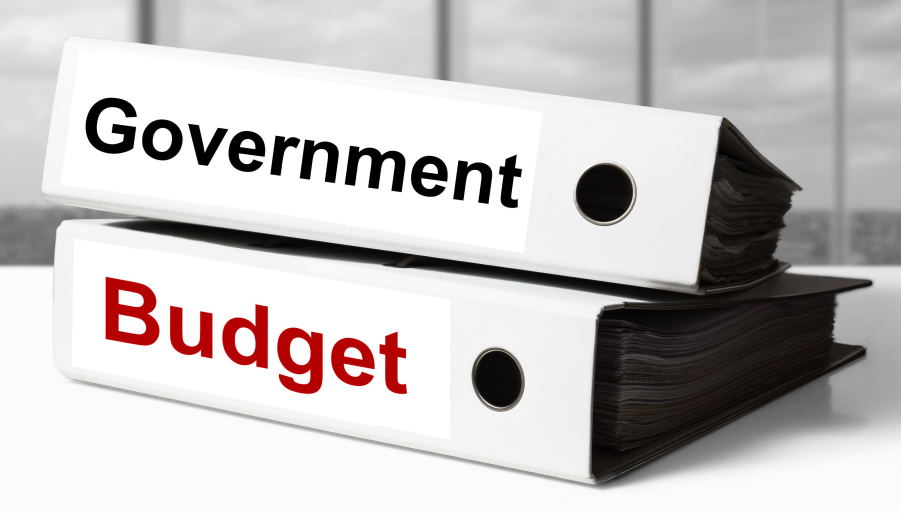December 02, 2022
Principles of Effective Budgetary Governance for State Governments

Budgeting is one of the most critical functions of government, and effective budgetary governance is essential to ensuring that taxpayer resources are used efficiently and effectively. Unfortunately, many state governments struggle with transparency, accountability, and fiscal discipline issues. In this blog post, we’ll examine some of the principles of effective budgetary governance and discuss how states can improve their budgeting processes.
Achieving optimal state budget governance through transparency and accountability
The principles of effective budgetary governance for state governments are numerous and varied. However, a few key principles stand out as being particularly important for ensuring that budgets are well managed and contribute to the overall success of the state government.
One of the most important principles is clarity of purpose. Budgets should be clear about what they are meant to achieve and how they will contribute to the overall goals of the state government. This clarity allows elected officials and administrators to hold each other accountable for results effectively.
Another key principle is flexibility. Budgets should be flexible enough to respond to changing circumstances and priorities. This flexibility helps ensure that resources are used most efficiently and effectively possible.

Finally, transparency is also critical. Budgets should be transparent to the public so taxpayers can see how their money is being spent. This transparency helps build trust between the state government and its constituents.
When all of these principles are adhered to, budgets can be an extremely powerful tool for driving the success of state governments. However, when any of these principles is lacking, it can negatively impact the efficacy of the budget and the overall success of the state government.
How to reduce government spending and increase accountability with budgetary governance
If we want to see real change in how our government functions, we need to start with how it spends our money. That’s why budgetary governance is so important. It’s a system that can help reduce government spending and increase accountability by forcing politicians to think more carefully about how they use our tax dollars.
Here are some ways that budgetary governance can help fix our broken system:
 Increased transparency: One of the biggest problems with government spending is that it’s often done in secret, with little to no oversight. Budgets should be public documents, and all government expenditures should be open to scrutiny.
Increased transparency: One of the biggest problems with government spending is that it’s often done in secret, with little to no oversight. Budgets should be public documents, and all government expenditures should be open to scrutiny.- More efficient use of resources: When there’s less money to go around, politicians are forced to make tough choices about how to best use it. This can lead to more efficient and effective spending.
- Greater accountability: Politicians are often reluctant to be held accountable for their actions, but with a budgetary governance system in place, they’ll be forced to answer for their decisions. This will help ensure that our tax dollars are being spent wisely.
- Improved public trust: The current level of distrust in government is at an all-time high. By increasing transparency and accountability, budgetary governance can help restore faith in our institutions.
- A more democratic process: The current government spending system is often undemocratic, with special interests controlling the purse strings. Budgets should be decided by the people, not by a small group of insiders.
Budgetary governance is a complex issue, but it’s one that we need to start taking seriously if we want to see real change in our government. It’s time for us to demand more accountability and transparency from our elected officials, and budgetary governance is the perfect place to start.

 Increased transparency: One of the biggest problems with government spending is that it’s often done in secret, with little to no oversight. Budgets should be public documents, and all government expenditures should be open to scrutiny.
Increased transparency: One of the biggest problems with government spending is that it’s often done in secret, with little to no oversight. Budgets should be public documents, and all government expenditures should be open to scrutiny.






